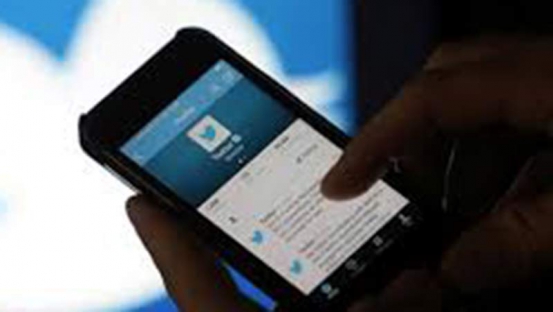×
The Standard e-Paper
Stay Informed, Even Offline

It started as a light-hearted ‘tweet’ last Friday where he and other users were debating about date rape. The conversation swayed to whether an invitation to a house party should be interpreted as a date that could develop into ‘other things.’
Emotions flared, words were exchanged and users took positions. A small Twitter storm was brewing. In the fury, Obadiah threw in some non-palatable words, his stand being that if a woman goes to a man’s house willingly, she should be ready for consequences.